Remember This Week: It’s the Beginning of the End of the NRA’s Reign of Terror
Daily Beast
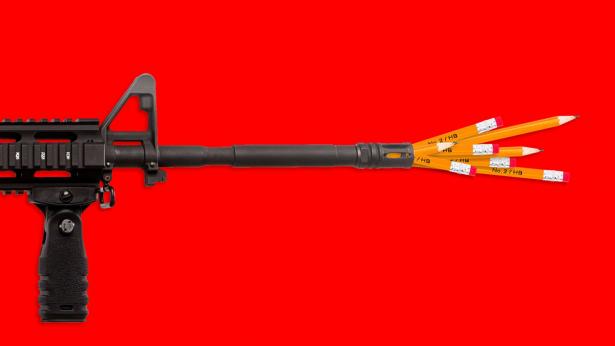
Yes, it’s been said before, and no, it won’t happen fast. But this time it really is different. And the Parkland Kids are leading the charge.

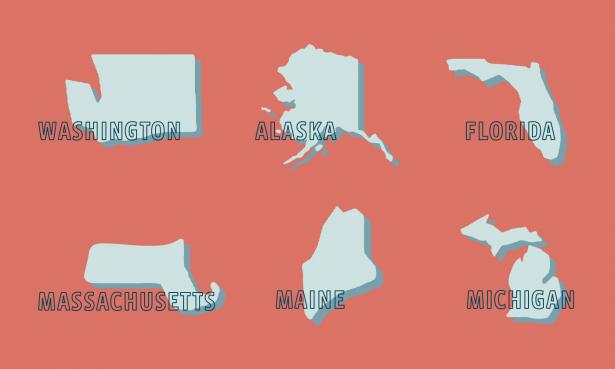
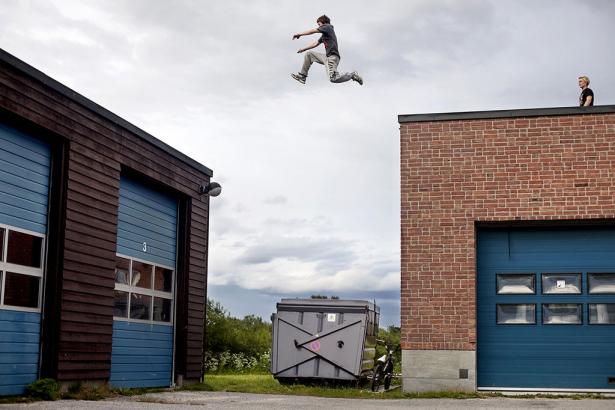
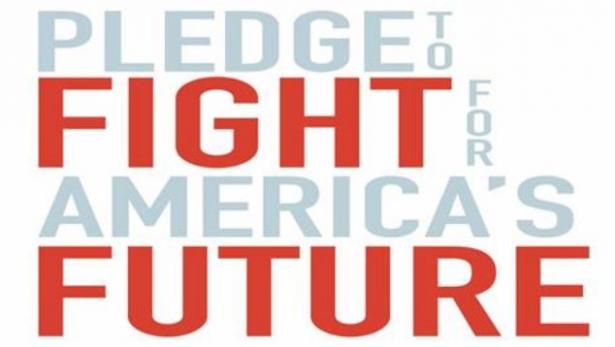



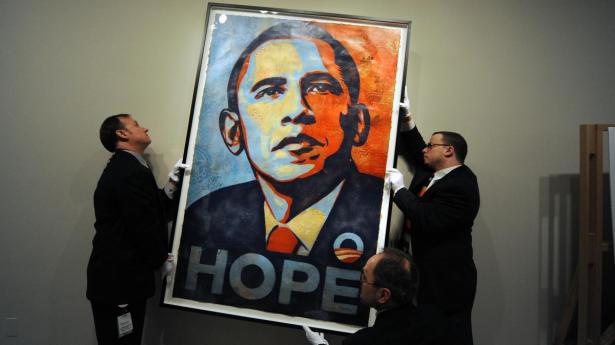
Spread the word